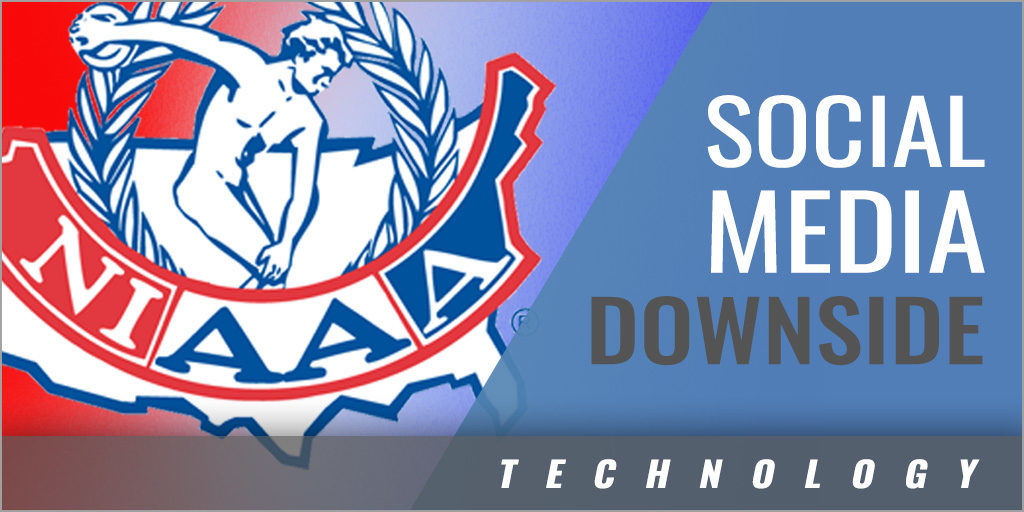
More from ADInsider View all from ADInsider

Compliance-Driven Evaluations with Dr. Kechia Rowles, CMAA – Rockdale County Public Schools (GA)

Parental Support: What Parents Should Be Doing or Saying with Will Christian – Lebanon High School (MO)

Use AI to Improve Your Athletic Office and Athletic Department with Michael Hart, CMAA – Weddington High School (NC)




